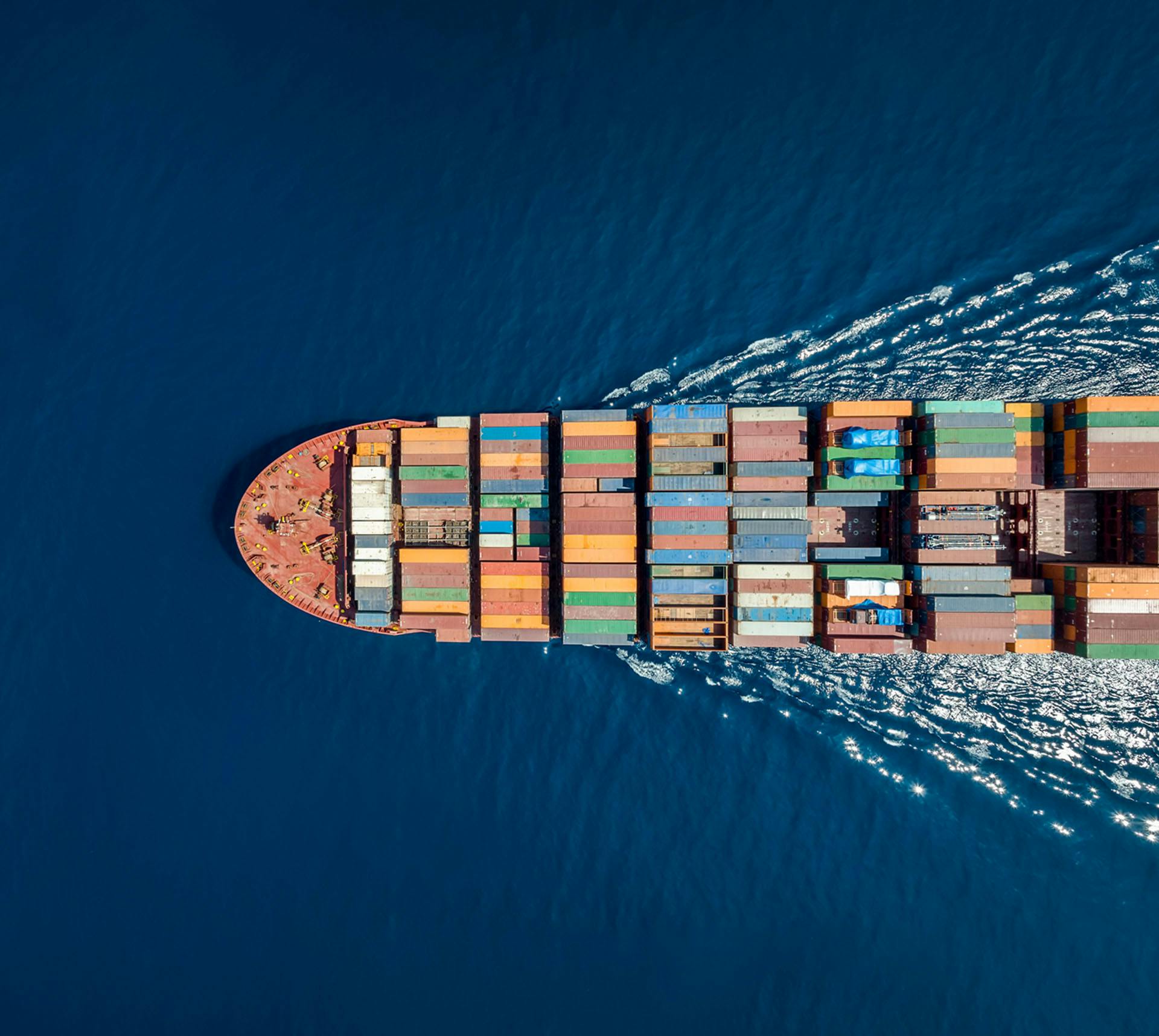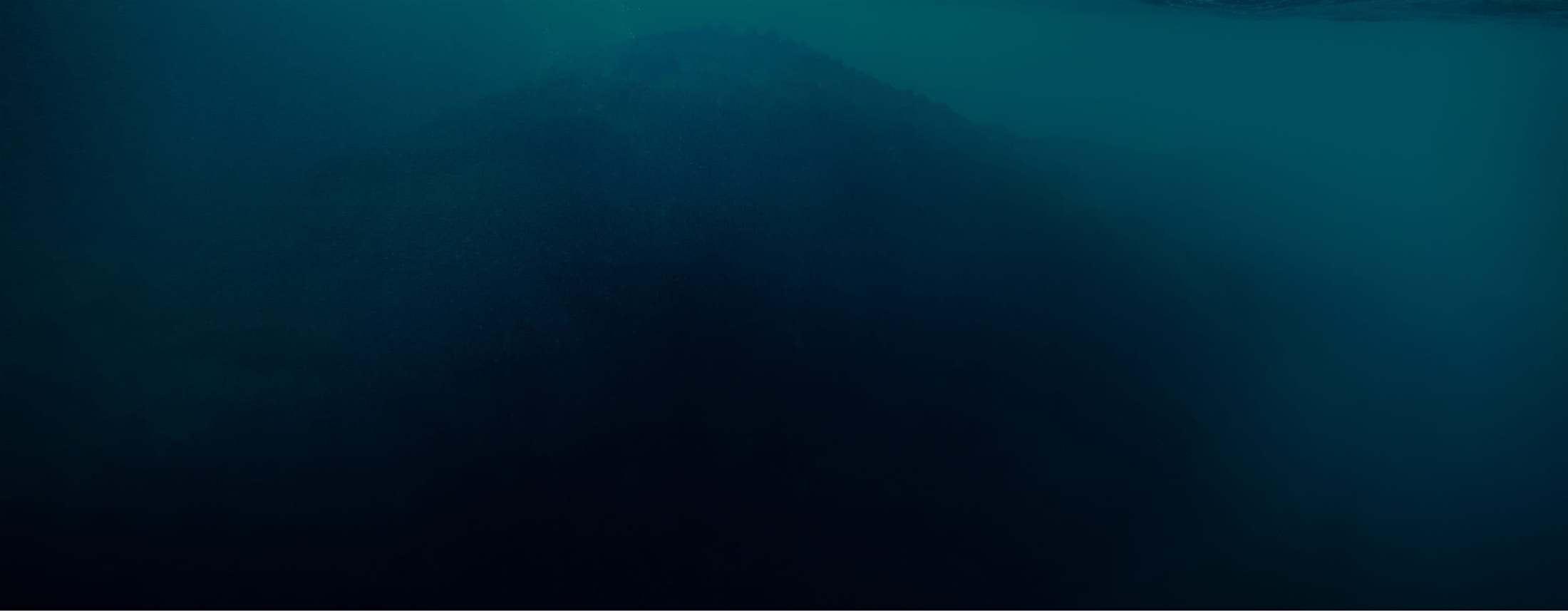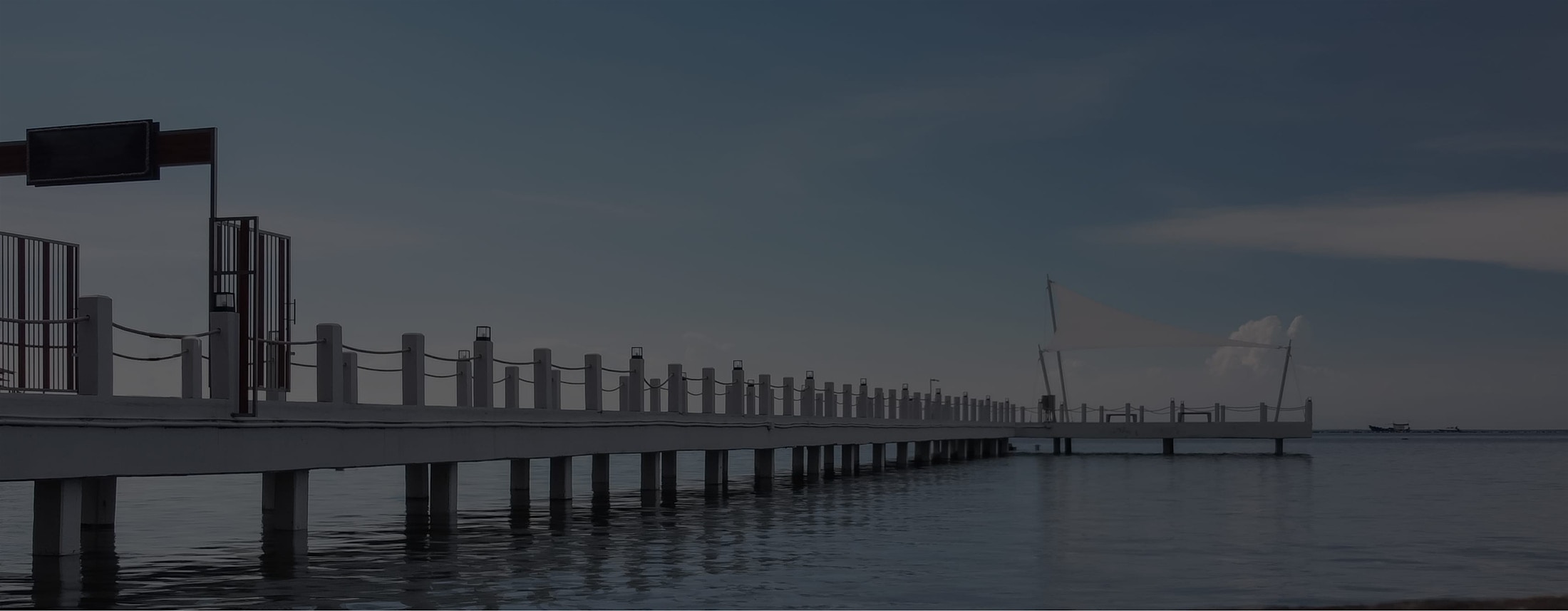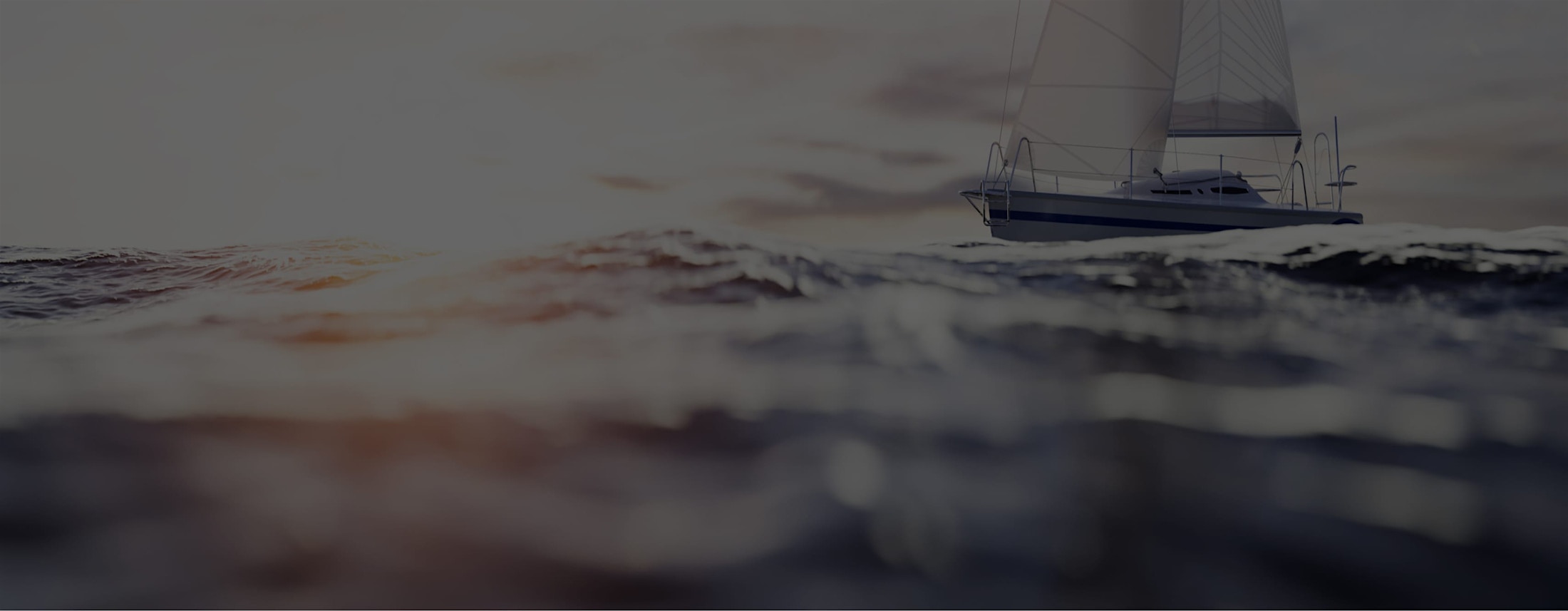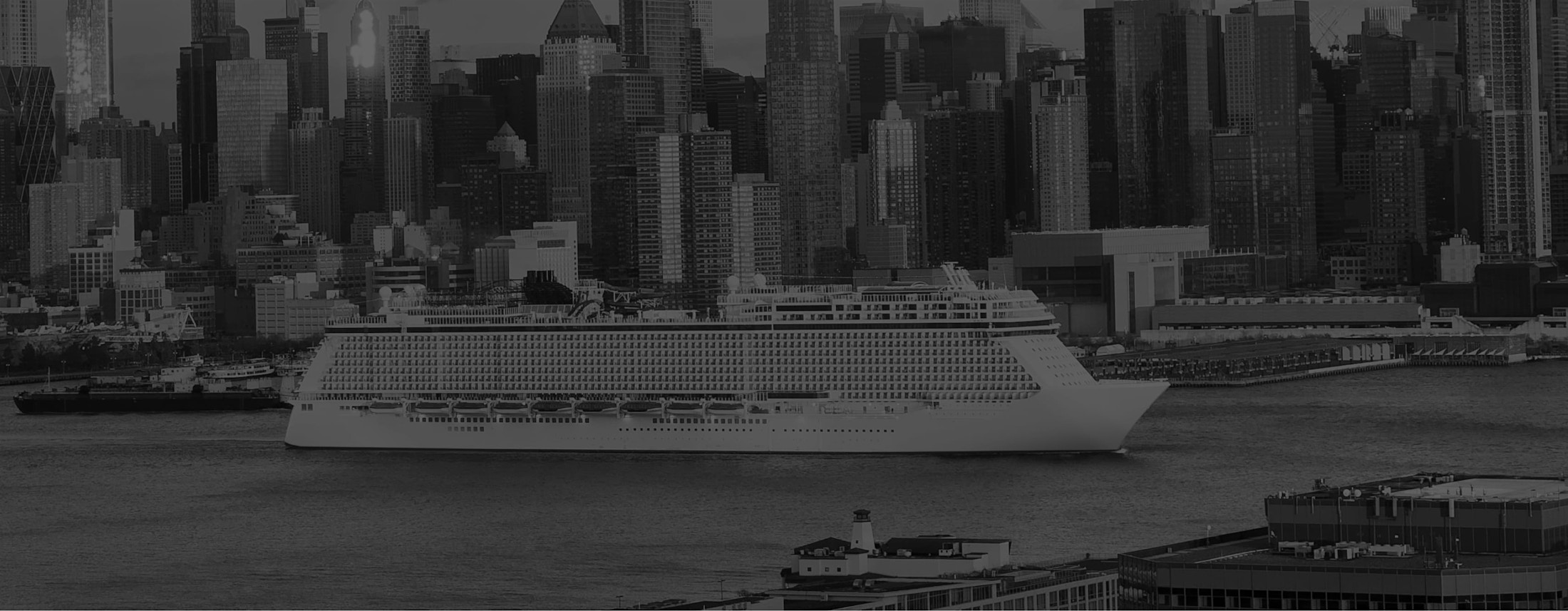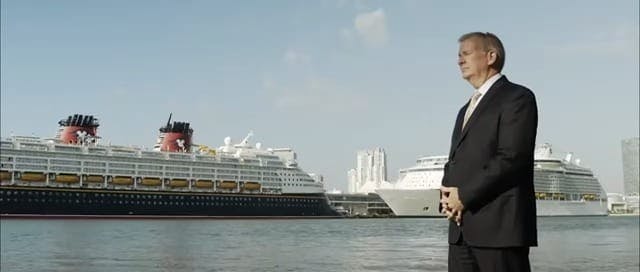We Help Offshore Workers Nationwide
One need not look further than the recent explosion in the Gulf of Mexico to confirm the dangers associated with offshore work. The rig, of course, is the Transocean Deepwater Horizon. British Petroleum (BP) leased the rig and land being drilled. Halliburton was the contractor hired to put in place cement plugs. These types of accidents often occur because of worn or defective equipment, improper safety precautions, and improper or insufficient training. All too often safety is compromised in an effort to reduce costs. The players are the company leasing the rig, in this instance BP and its “company man” versus the owner of the rig, in this instance Transocean and its “Rig Superintendent”, “Tool Pusher” or “Driller”. Every company leasing a rig at hundreds of thousands of dollars a day wants the well drilled and tested quickly. On the other hand, a rig owner is not overly concerned with “speed.” The rig operator is, after all, receiving a large sum of money for each day the rig is on site and operating. Therein lies the conflict. Few attorneys, if any, have a greater appreciation of the dangers associated with working offshore than Keith Brais. Keith Brais worked aboard offshore drilling rigs from 1981 to 1987. During this period, he worked as an engineer trainee, roustabout, roughneck, derrick hand, and assistant driller (the person second in command of drill floor operations). In the course of his training, he acquired an MMSS-OCS-TI: Well Control, Surface Stack & Subsea Stack, Blow-Out Prevention (“BOP”) Course, Driller Level Certificate. He worked in the Mediterranean, off the West Coast of Africa, and in the Gulf of Mexico on all known types of rigs. Keith Brais’ experience includes time working directly on Cameron blowout preventers, tripping pipe, running casing, lowering and raising sub-sea BOPs, setting cement plugs, and all other aspects of oil drilling and exploration.

